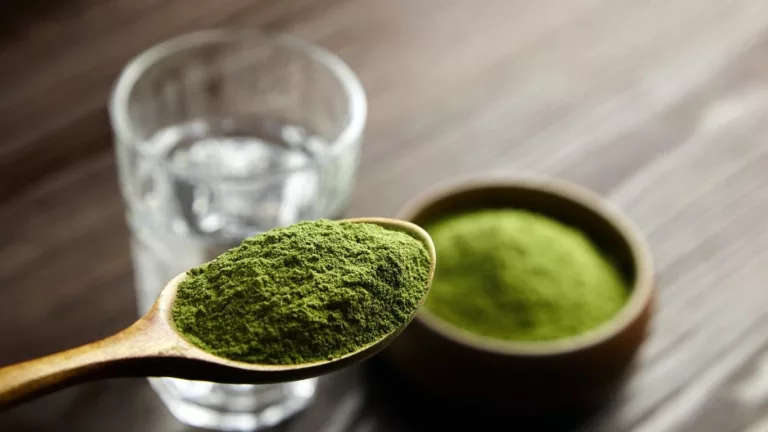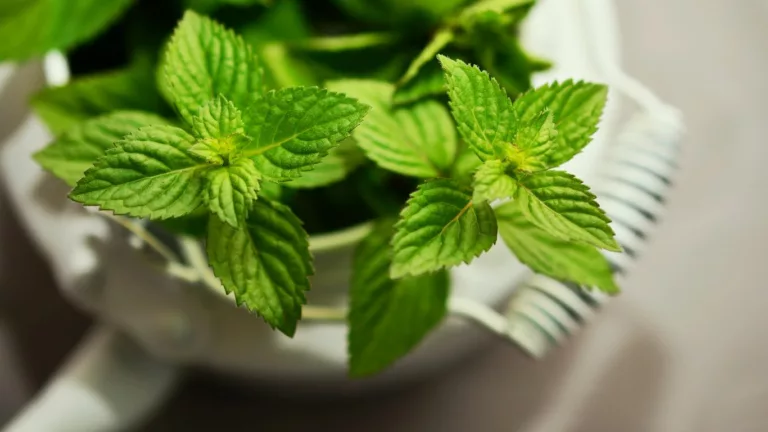🏋️♂️ The Role of Protein Powders in Blood Pressure Health: Everything You Need to Know 🩺
🌟 What’s the Big Deal About Blood Pressure?
 Okay, so here’s the gist: blood pressure is just the force of your blood pushing against your arteries. If it’s too high, your heart’s basically working overtime, and nobody wants that—it’s like driving a car at full speed all day. Not great for the engine. Most people think managing blood pressure is all about cutting out salty snacks (RIP chips), but it’s more than that. What you eat, how active you are, and even supplements—like protein powders—can make a difference.
Okay, so here’s the gist: blood pressure is just the force of your blood pushing against your arteries. If it’s too high, your heart’s basically working overtime, and nobody wants that—it’s like driving a car at full speed all day. Not great for the engine. Most people think managing blood pressure is all about cutting out salty snacks (RIP chips), but it’s more than that. What you eat, how active you are, and even supplements—like protein powders—can make a difference.
🥤 So, How Can Protein Powders Help?
 This part blew my mind a bit. Turns out, protein powders—especially ones like whey and plant-based options—might help keep your blood pressure in check. Here’s how:
This part blew my mind a bit. Turns out, protein powders—especially ones like whey and plant-based options—might help keep your blood pressure in check. Here’s how:
1. Amino Acids for the Win You know amino acids, right?
They’re the building blocks of protein, and some of them (like arginine) can actually help relax your blood vessels. It’s like giving your arteries a little spa day.
2. Whey’s Secret Superpower
Whey protein has these things called ACE-inhibitory peptides. Without getting too nerdy, they basically work like some blood pressure meds—helping your blood vessels chill out instead of staying tight and constricted.
3. Plant-Based Proteins?
Also Cool If you’re vegan or just not into dairy, pea or soy protein is solid. They’re loaded with arginine, which helps with blood flow.
🛠️ When Protein Powders Don’t Play Nice
 Alright, so protein powders aren’t perfect. Here’s what might trip you up and how to dodge those issues:
Alright, so protein powders aren’t perfect. Here’s what might trip you up and how to dodge those issues:
1. The Bloat Monster
Ever had a protein shake and felt like you swallowed a balloon? Yeah, that’s the lactose in some whey powders or maybe a weird ingredient in flavored ones. Fix: Go for lactose-free or whey isolate powders. They’re easier on your gut.
2. Hidden Sugars
Some brands sneak in sugar like they’re trying to turn your shake into a dessert. Not great for your health, let alone your blood pressure. Fix: Check the label! Go for unsweetened or naturally sweetened powders.
3. Too Much of a Good Thing
Overloading on protein isn’t gonna magically make you healthier—it might actually stress your kidneys out. Fix: Stick to the recommended serving size. Your kidneys will thank you.
🌿 Real Stories, Real Results
 This is where it gets real. Let me share a couple of examples:
This is where it gets real. Let me share a couple of examples:
John’s Whey Experiment
John’s a regular dude in his 50s who was struggling with mild hypertension. He started adding a scoop of whey protein to his morning smoothie (which he says tastes like dessert now), and guess what? Three months later, his blood pressure dropped by 5 points. His doctor was like, “Keep doing whatever you’re doing.”
Sarah’s Plant-Based Fix
Then there’s Sarah—she’s vegan and super into yoga. She started using pea protein powder because she wanted to lower her blood pressure naturally. After six months of green smoothies and mindful breathing, her blood pressure went from borderline high to totally normal.
🔑 Key Things to Remember
- Protein powders can help with blood pressure, but they’re not a magic bullet.
- Go for quality powders—no junky fillers or added sugars.
- Balance is key. Don’t go overboard with protein just because you read a blog about it (looking at you, John).
🙋 FAQs (Because I Know You’re Curious)
- Q: Do I need to be a gym rat to use protein powders? Nope! Even if the heaviest thing you lift is your coffee cup, protein powders can still benefit you.
- Q: Is whey better than plant-based for blood pressure? Not necessarily. Whey has those ACE-inhibitory peptides, but plant-based powders are great too—especially for vegans or people with dairy issues.
- Q: Can protein powders replace my meds? Definitely not. Don’t ditch your meds without talking to your doctor. Protein powders are more like a sidekick than the main hero.
📚 Where’s the Science?
If you’re like me and need the facts to back it up, here’s some legit research: – The American Journal of Clinical Nutrition: https://academic.oup.com/ajcn – Mayo Clinic: https://mayoclinic.org
⚠️ Quick Heads-Up
I’m not a doctor—just a health nerd who reads way too much. So, before you run out and buy a tub of protein powder, check with your healthcare provider, okay?
🚀 Ready to Try It?
If you’re curious, start small. Add a scoop to your oatmeal or morning smoothie. It’s an easy way to sneak in some health benefits without overhauling your whole diet. Have you tried protein powders for something other than fitness? Let me know—I’d love to hear how it’s worked for you! 😊






